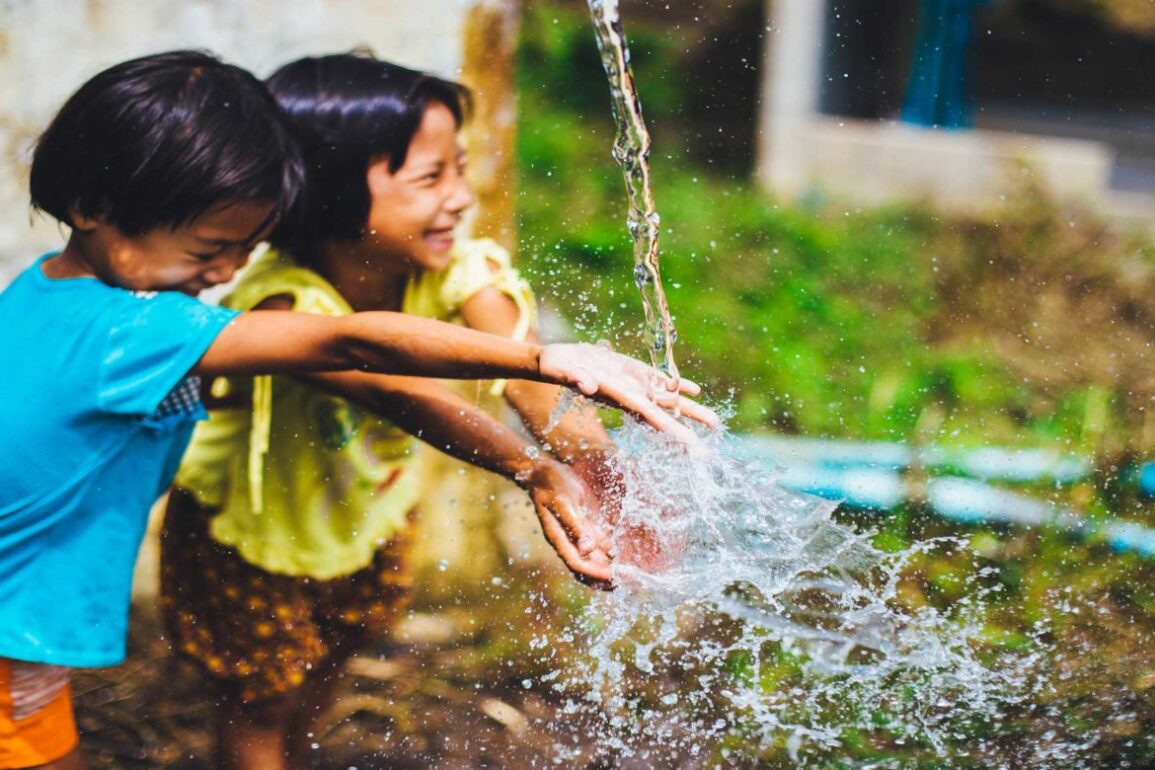Leonardo Da Vinci once said, “Water is the driving force of all nature.”
Since its very origin, mankind has been destructive towards its own parent – Mother Nature. In its quest to become the greatest of all living beings on the planet, mankind has and is bent upon extinguishing Mother Nature’s precious resources – water, being one of the most vital of them.
It may not be wise to say that the modern man is doing nothing towards the cause of preserving water. Rather, the question that needs to be asked is – is enough being done to save water?
According to ‘The Water Project’, nearly 1 billion people, mostly those in the developing countries, have no access to safe water.
History is proof enough that many civilizations cherished and eventually perished based on the availability or subsequent non-availability of water. Taking a closer look at our own expansive land – India, archaeological evidence suggests various forms of water conservation techniques used by ancient Indians. Jhalaras, talabs or bandhis, bawaris, johads, and taankas are a few of the techniques employed by our ancestors. Most of these traditional techniques are still efficient but, not widely used.
The modern world too has seen various initiatives for water conservation. One of the most important ones being United Nation’s ‘Water for Life’. The years 2005 – 2015 were announced as the ‘International Decade for Action ‘Water for Life’, the objective of which was – fulfillment of international commitments made towards water and water – related issues.
Closer home, the Indian government, over time, has updated and implemented initiatives that are widely known and appreciated. The most notable ones being – The National Water Policy (adopted in 1987 and gone through multiple updates, the latest being in 2012), National Mission for Clean Ganga, National Water Mission (2011), and Bharat Nirman Yojana (for providing safe drinking water in under-developed areas).
You might also want to check out the recent initiative – #CuttingPaani by Livpure. With the #CuttingPaani initiative, Livpure aims at spreading awareness about the need and importance of saving water by applying slight changes to our daily lives. We often go to restaurants but, seldom pay attention to the waiter pouring us a glass of water. Also, do we remember gulping down the entire glass of water every single time we walked into a restaurant? That’s where we’re wrong.
Livpure urges you to sign this petition which will further notify concerned government authorities and restaurant owners to use water more resourcefully. Via this innovative initiative, Livpure emphasizes on using only as much as needed, thereby reducing wastage of water.
So, while we’re discussing the importance of awareness and the increasing need for efficient management of water conservation, let us take a look at how we can significantly reduce water wastage at our ends one step at a time.
Drink it. Don’t waste it.
Don’t ask for a full glass if you cannot drink it all. Ask only for the amount of water that you may comfortably drink. It may not seem so effective at first but, think about how many litres of water you could be saving by adopting this simple technique.
Use Leftovers wisely
If you cannot drink it all, rather than throwing it down the drain, you could use it for gardening, cleaning (after adding a disinfectant), or just store it for later use.
Encourage kids to be proactive and take the right measures
Being the most creative and impressionable, if children are taught the importance of water conservation at the right stage, they’ll most definitely turn out to be responsible global citizens.
Other methods of water conservation at home include – taking shorter showers, washing clothes only when the laundry is full, investing in water saving devices such as – dual-flush and low-flow shower heads, turning off the faucet when washing dishes or brushing teeth, and more.
So, let us pledge to take these tiny steps to create a larger impact on the well-being of entire humanity. We, as responsible citizens, not only are responsible for the actions of our ancestors but, are also sole-bearers of what is to become of this planet in the near future.

